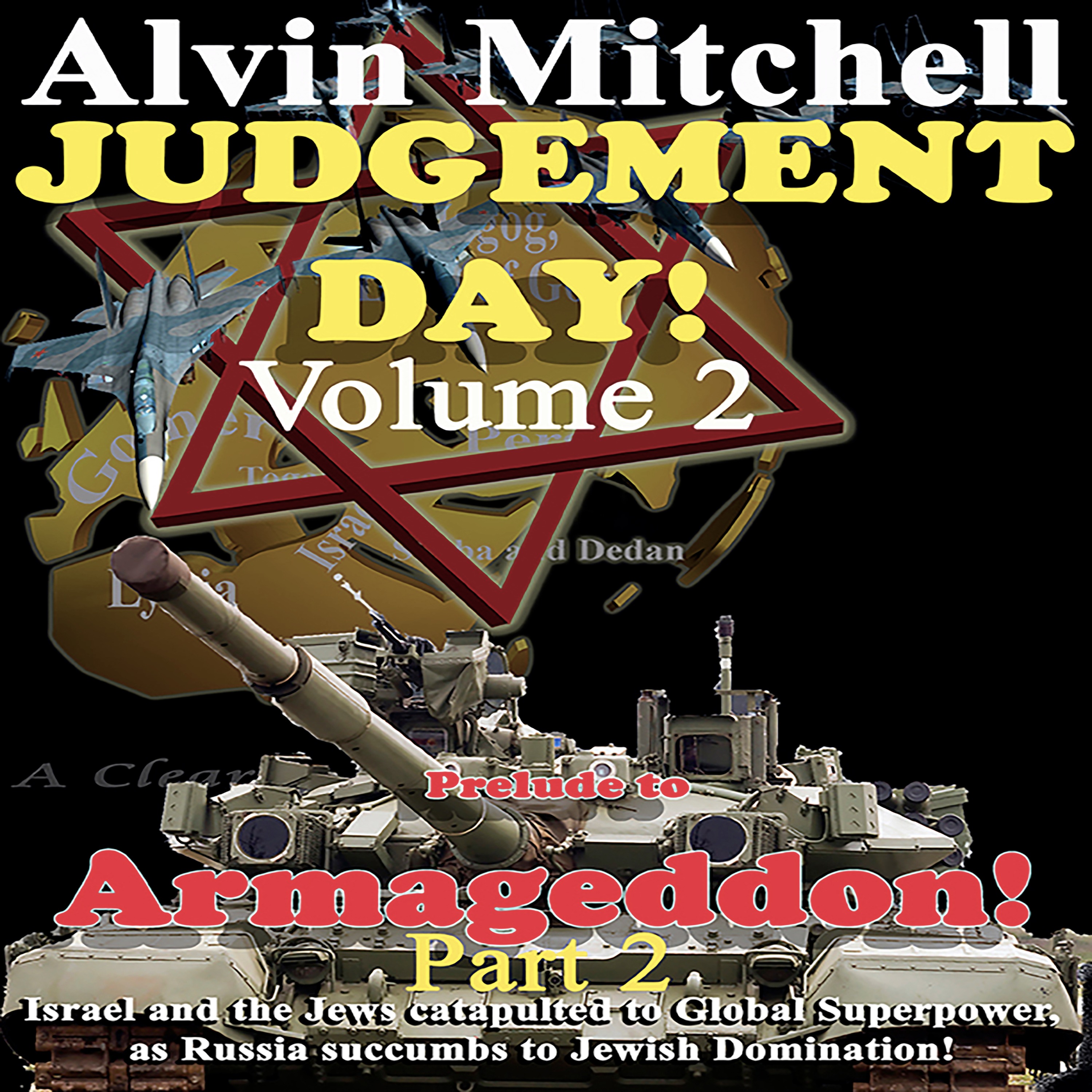Feb 22 2024 19 mins
This chapter or section commences with Yahweh’s bid for the attention of His mouthpiece (Jehovah: the Self-Existent, Eternal One): Son of man, Ezekiel, is called, set your face prophetically against one named Gog, who lives in a land of Magog.
This passage is somewhat problematic, due in part perhaps to translation problems experienced by the original translators. Thus, perhaps, the best route to any potentially accurate interpretation may be a careful defining of terms.
The word Gog simply means “mountain”. It is used only 10 times throughout the Old Testament: 1 in 1 Chronicles, 7 times here in Ezekiel. It occurs 1 time in the Book of the Revelation. It is not immediately clear (by its use in :2) whether the reference is to an individual, or, to a region. What is clear, is that, the symbolism here points to stature or status, as it relates to others around it or him. Therefore, whether it refers to a person, or a geographical location, this one is one who is the most prominent of all. It might best be interpreted as a “title”, more so than an actual name—although, as will be shown, to further distinguish this one and to accentuate his prominence, this name does in fact carry a separate and distinct ‘title’.
“…land of…” is a translation of the Hebrew word “erets”. It is used over 2500 times in the OT, and is translated variously, but quite often as “land”, “region” or “territory”.
Adding to the confusion or, more specifically, to the riddle is the apparent mistranslation or mishandling of the term “Magog” (by the KJV workers). In the OT, it is used only 4 times: 1 in Genesis 10, 1 in 1 Chronicles 1, and 1 in Ezekiel. It, like the term Gog, also appears in the Book of the Revelation. We know from the Table of Nations found in Genesis 10 and in 1 Chronicles 1 that Magog was one of the descendants of Noah, following dissipation of the Flood Waters. Thus, it is the name of a person. However, the term itself literally means “land of Gog”—hereby, implying the past existence of a descendant of Noah, whose name being “Gog” (no doubt, a predecessor to Magog), was applied to a smaller geographical area within the broader context of ‘erets’ or “the land of” (in which case it was rendered the “land of Gog” or, Magog—which was in turn applied as a formal name to a prominent descendant of Noah).
Magog is used to refer to the place or region where the descendants of Magog settled, between the mountains of Cappadocia and Media. Thus, insofar as the expression “…chief prince…” modifies Gog—not Magog—that appears to be the best sense of its usage here. Therefore, God’s address ultimately is to a “mountain” (Gog), in the midst of a region led by or subordinate to the “mountain” (Magog, as in, a capital state), which is itself a sub-region of a broader geographical area (retz, or, “land of”, or, nation).
